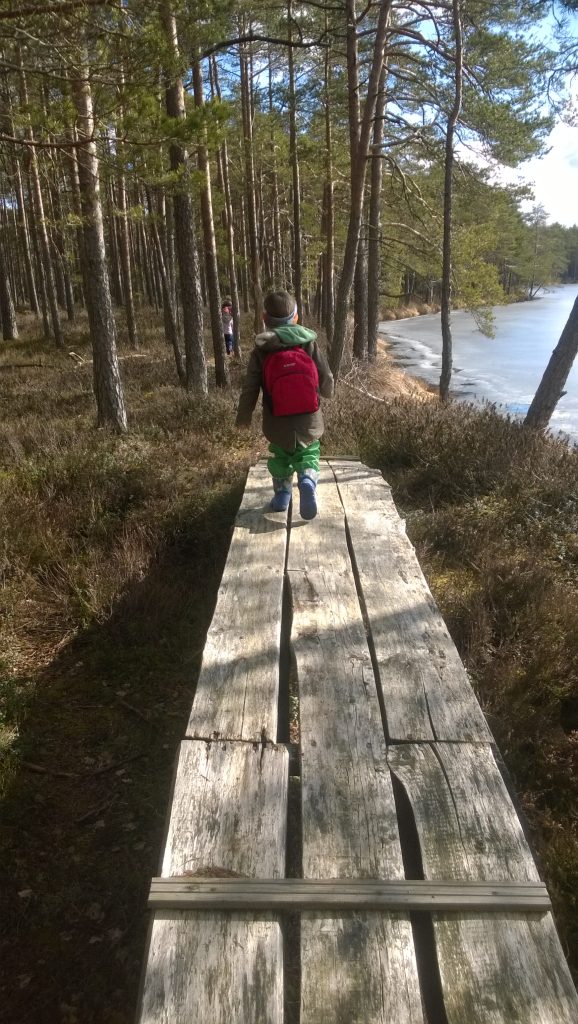Usually this part of the year in considered as the silent season in tourism, except destinations that have relevant resources to develop products and services for winter activities – downhill skiing, cross-country skiing or polar adventures. However, tourism destination management organizations and entrepreneurs are already designing solutions for summer –the main season for the seaside resorts, coastal areas of inland water bodies. This process entails looking for solutions for personnel.
Wait, if there is still tourism after pandemic?
COVID-19 pandemic continuously impacted nearly any sphere of the life globally, thus Latvia has not been the exception. Even more – tourism in Latvia has experienced tough restrictions of the operation of the industry in comparison with other economic activities and countries. Besides primary impacts induced by legal measures, secondary impacts should be considered, such as “domino effect” in regards of changes of some aspects of tourism industry or changes of the values, attitudes, mindset and behavior of various groups of society. It is important to emphasize that the effects of pandemic situation represent both – positive and negative.
We can easily observe how fast tourism and leisure related industry has learned and adapted to new reality. New offers, solutions of tourist flow management to reduce pressure form the most popular objects to valuable, crowd management, but not so well known, new accessibility strategies in digitalization of services and events along with other viewpoint on hygiene and safety. Covid 19 can even be nominated as catalyst for long-waited changes in industry. However, “heavy footprint” of pandemic also reflected in regards of tourism organization personnel as some of tourism providers closed their businesses or applied shrinkage strategies due to previously mentioned restrictions. Part of talents formerly involved in tourism industry have re-qualified, found new workplaces in another industry. This has affected both – low skilled professions, but especially – management level. But stop, if at this moment you wanted to make sigh fulfilled with compassion.
Heads and hands - wanted!
Already Aristotle said: “Nature abhors vacuum,” meaning that every empty space will be filled and that is one of the ground rules of the nature. In regards of recent state of tourism industry – despite high level loss in various aspects, we can assume that adaptation level and potential recovery already is at the doorstep. Travel and good leisure opportunities also mean quality of life; it is reflected by steady growth of number of overnights in tourist accommodation. According to data of National CentraI Statistic Bureau, in August 2021, 148.5 thousand local tourists were served in tourist accommodation in Latvia, which is 3.4% more than in August 2020 and 19.2% more than in August 2019 before the pandemic also, the number of nights spent increased by 3.5% compared to August last year (LR CSB, 2022). At the same time – there is still challenge how to increase interest of international tourists and return back to numbers before pandemic. As one of Latvian seaside destination managers said – “there can happen whatever, anyway people will come to our coastal destinations!”
Nearly every day there is a public call of private network message about vacancies in tourism nearly in any level and sector. Destination management organizations are looking for extra force, companies dispute with universities, whether there is a chance to receive students as trainees. Surely, global contexts add layers of skills, that will be important already tomorrow – sustainability management, organizational ethics, creativity, design thinking and many more. The courses in SKILLS 4CMT project which are in development process are designed to respond to future needs of industry and to enhance coastal zone tourism.
The tourism industry will soon revive and will offer wider than ever career opportunities due to the lost heads and hands, s don't give in to the misconception of a long period of peace in the industry and be ready for the opportunities to come.
Text: Ilze Grīnfelde and Linda Veliverronena, Vidzeme University of Applied Sciences


